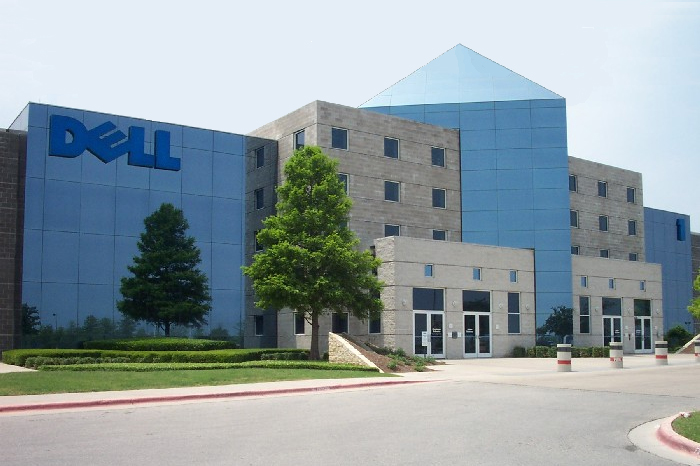Michael Dell may walk out on his partnership with Silver Lake, a marriage created to make a leveraged buyout (LBO) of Dell Inc. (NASDAQ: DELL), to join a rival bid from Blackstone Group L.P. (NYSE: BX). Dell may decide, according to Bloomberg, to offer his 15.6% share in the company to swing either offer to a successful conclusion, if he can remain as chief executive officer. Dell apparently will not put anyone’s interests, particularly those of his shareholders, above his own.
Although the bids from Silver Lake Partners and Blackstone cannot be directly compared because of the different mix of cash and stock each has, Blackstone’s offer has been pegged at $14.25, compared to Silver Lake’s $13.75. Dell’s participation was the glue that held the Silver Lake bid together as it faced opposition from large investors, which included Southeastern Asset Management and T. Rowe Price Inc. (NASDAQ: TROW). There is no indication that either of these investment firms will support Blackstone, so there may be a battle with outside shareholders no matter which bid the board favors.
The presence of Dell on the board, particularly his central role on both the sell side and buy side of the deal, should trouble investors, and regulators, most of all. Dell can shift his allegiance in an instant based on what he knows from board deliberations. He has the best seat at the table as he both considers bids and decides which one he may add the support of his 15.6% position to.
Dell has a history of harming his investors. Dell, the company, in 2010 settled Securities and Exchange Commission charges over fraudulent accounting practices, which cost the company $100 million, and much of its reputation. Michael Dell had to settle as well, for $4 million. At the time, Robert Khuzami, director of the SEC’s enforcement division, said, “Accuracy and completeness are the touchstones of public company disclosure under the federal securities laws. Michael Dell and other senior Dell executives fell short of that standard repeatedly over many years, and today they are held accountable.” How many CEOs would have kept their jobs under such circumstances? Probably only the few who are huge shareholders or founders of the companies that they run.
Michael Dell’s pay package also has been unusually high for the CEO of a company in sharp decline. He made $21 million over the past three years, according to the Dell proxy, highlighted by $12.1 million in 2012. Corporate performance has little relationship to Michael Dell’s compensation.
Michael Dell apparently will swing support to whichever LBO offer makes it most likely he can keep his job as CEO. The move is part of a series of decisions that ignore his role as the director and head of a public company.
Are You Ahead, or Behind on Retirement? (sponsor)
If you’re one of the over 4 Million Americans set to retire this year, you may want to pay attention.
Finding a financial advisor who puts your interest first can be the difference between a rich retirement and barely getting by, and today it’s easier than ever. SmartAsset’s free tool matches you with up to three fiduciary financial advisors that serve your area in minutes. Each advisor has been carefully vetted, and must act in your best interests. Start your search now.
Don’t waste another minute; get started right here and help your retirement dreams become a retirement reality.
Thank you for reading! Have some feedback for us?
Contact the 24/7 Wall St. editorial team.





